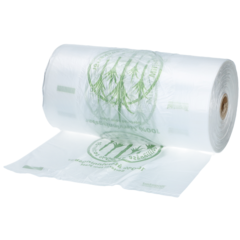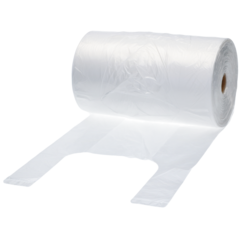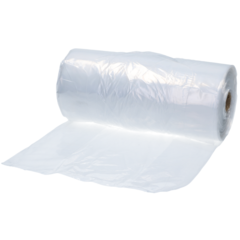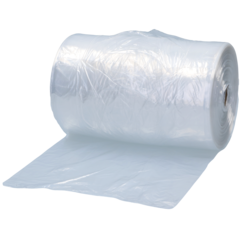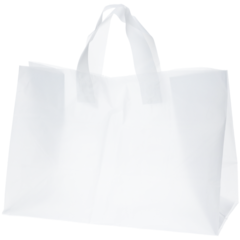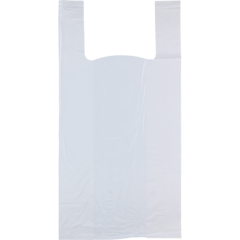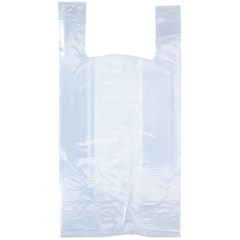Starting from November 1, 2024, the plastic bag tax in Sweden is officially abolished. The decision to remove the tax has sparked both discussion and curiosity among businesses and consumers across the country.
At Tingstad, we want to give you an overview of what this means for businesses in retail and other industries, as well as what consumers can expect going forward.
What was the plastic bag tax?
The plastic bag tax, introduced in 2020, imposed a fee of three SEK per plastic carrier bag intended for carrying goods home from stores, and 0.30 SEK per bag for smaller plastic bags, such as those for fruit and vegetables.
The tax was introduced to reduce the use of plastic bags and thereby contribute to reducing plastic waste and its negative environmental impact.
The tax drove a major shift in consumer behavior, with many stores choosing to offer alternative bags made of paper or other materials.
Why is the plastic bag tax being removed?
The decision to remove the plastic bag tax is part of a reassessment of the policy's effectiveness and its impact on businesses. Critics have argued that the tax imposed an unnecessary cost on consumers and businesses and that it somewhat missed its goal of reducing plastic’s environmental impact.
With plastic usage declining and consumers increasingly adopting reusable alternatives, the government has now decided that the tax is no longer needed to encourage eco-friendly habits.
Source: Regeringen.se
How does this affect businesses and consumers?
For businesses in retail, the restaurant industry, and other sectors, this decision means changes in costs and inventory management.
Here are some of the most notable effects:
-
Cost savings: Businesses that previously had to pay or manage the cost of the plastic bag tax can now offer plastic bags without additional fees, which may benefit consumers.
-
Consumer choice: Since plastic bags can now be offered without tax, consumers have greater choice. Many stores will likely continue to offer alternative bags, but it’s now up to the consumer to choose which option suits them best.
What happens next?
It remains to be seen how this decision will impact consumption patterns and the environment in the long term. Many businesses and consumers have already adopted alternative solutions, and these habits may continue even without the plastic bag tax. It will also be interesting to see how the return of plastic bag usage affects both sales and general interest in sustainable alternatives.
At Tingstad, we continue to offer a wide range of packaging solutions, including more sustainable options such as paper and fabric. We look forward to helping our customers choose the solutions that best suit their business and their customers’ needs.
Do you have questions about how this change might affect your business? Feel free to contact us, and we’ll help you navigate this new situation!
Kirjoittaja: Tingstad
Viimeksi päivitetty: 2024-11-01



